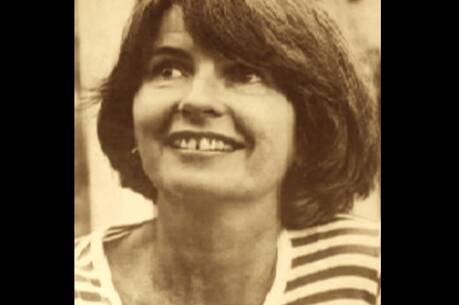The first reading provides the ten commandments, still familiar to many who will hear the passage. Unless the shorter Lectionary option is chosen (please not!) it is evident at once how uneven is the attention or space given to the various commandments. The “firstborn” gets the lion’s share of biblical attention, prompting us, perhaps, to give it special preaching focus. How is God one? What does God’s oneness mean? This is a great mystery always, and here let’s think of three moments where that reality is particularly challenging.
It was, scholars are concluding, difficult and counter-intuitive for Israel to maintain the one-ness and alone-ness of Yahweh, given that in the ancient Near East, virtually no other deity was understood in that way. How was Israel to approach God when God was non embodied and not related with other deities? We might get some sense of what would be involved if we contrast the most sensuous and lavish liturgy we have attended with a Quaker meeting.
As Christianity gradually differentiated itself from Judaism, similar questions were surely raised. How was it possible to maintain the oneness of God, given some of the statements by and about Jesus by those who came to know him? We know that philosophy and language as well as other human experience struggled with this challenge. We may also know that in some Jewish circles, Christians are not considered monotheists as a result of some of those formulations.
And in our own era, at the turn of another millennium, postmodern science and cosmology offer fresh ways to understand how the Creator exists in relation to creatures, how divinity is to be understood in relation to other life. How does the God of biblical Revelation correlate with these new ways of imaging the divine? Not an easy conversation, nor a simple one.
We may have learned the first commandment when we were young, but to continue to probe it fruitfully and receive insight is still an absorbing challenge for us.
Barbara Green, O.P.







